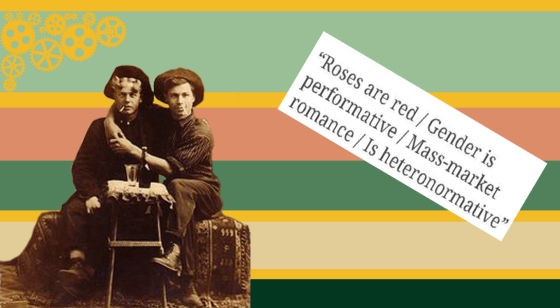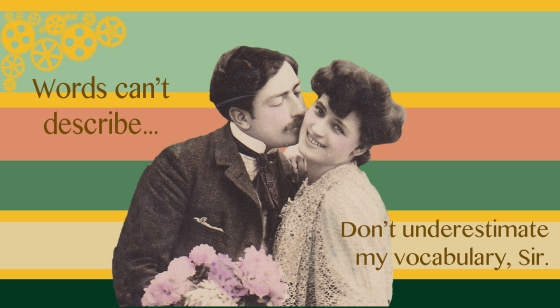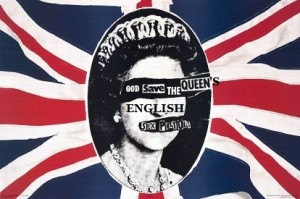Words are wild unpredictable tools. That’s why (no matter how slowly the fundraising is going) I love writing a dictionary. The wild unpredictability of words is why I’ve chosen this Nathaniel Hawthorne quote for Writer’s Quote Wednesday.
Hawthorne is right that words are potent in the hands of those who know how to combine them, but people who know how to use words are like lion tamers because words are still a potent force in the mouths of people who have no idea what they are saying. That’s why we sometimes want to take words back after we’ve said them.
Hawthorne knew this. That’s why he wanted to take his first novel back after he published it. As an older more experienced writer, he no longer felt that Fanshawe (1828) reflected his ability, or his brand, as a writer. Hawthorne went so far as to destroy every copy of the book he could get his hands on. After his death, his wife even denied he had ever written a book by that title.
I also have a first novel that I don’t feel entirely comfortable sharing with the world. It’s a politically-charged drama that was the result of my thesis writing as a student. I only want to write historical fiction now, so I empathize with how Hawthorne must have felt.
On a smaller scale, the wild unpredictability of words causes this kind of embarrassment whenever we have to stand helpless watching an unchecked phrase that we’ve unleashed wreak havoc in the world.
wreak havoc: to cause or effect chaos (1817)
On point, wreak is such a weird word, meaning to cause or effect, as in the definition above. A common eggcorn of the idiom “to wreak havoc” is “to wreck havoc.”
eggcorn: a linguistic term for an idiosyncratic substitution of a word or phrase that also bears a phonetic likeness (1844)
I like to imagine that eggcorn sprung from the use of ear horns, but that’s another story.
The notion of wrecking havoc is so far off of what people are meaning to say with “wreaking havoc” that it actually means the opposite. Havoc means chaos. Wreak means to cause. Wreck means to break, or otherwise ruin. Consequently, to wreck chaos would be to end/destroy/break chaos, thereby restoring order.
See why it is so important to know how to combine your words?
Have you ever written/published something you were embarrassed by? Know any good examples of an eggcorn? Leave a comment and let me know.
Support the project through my GoFundMe page, or visit my shop.












